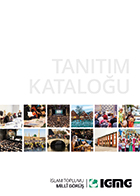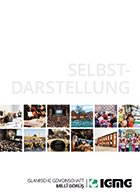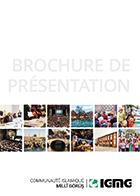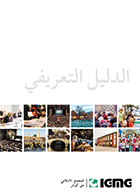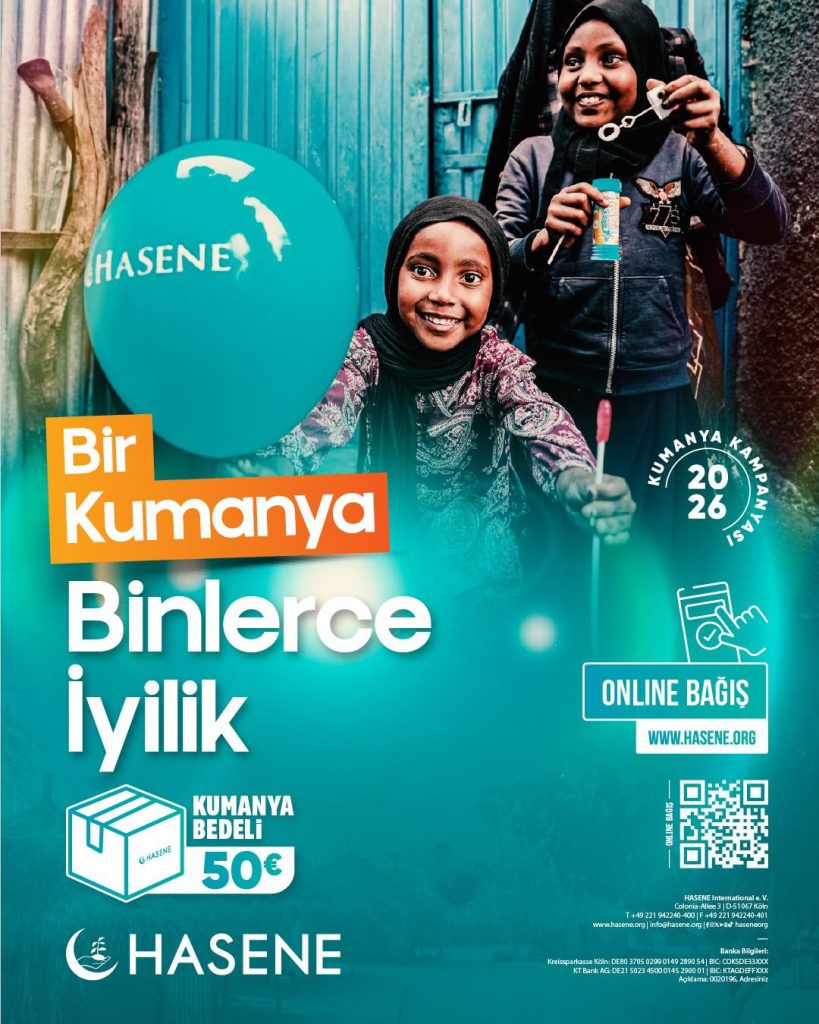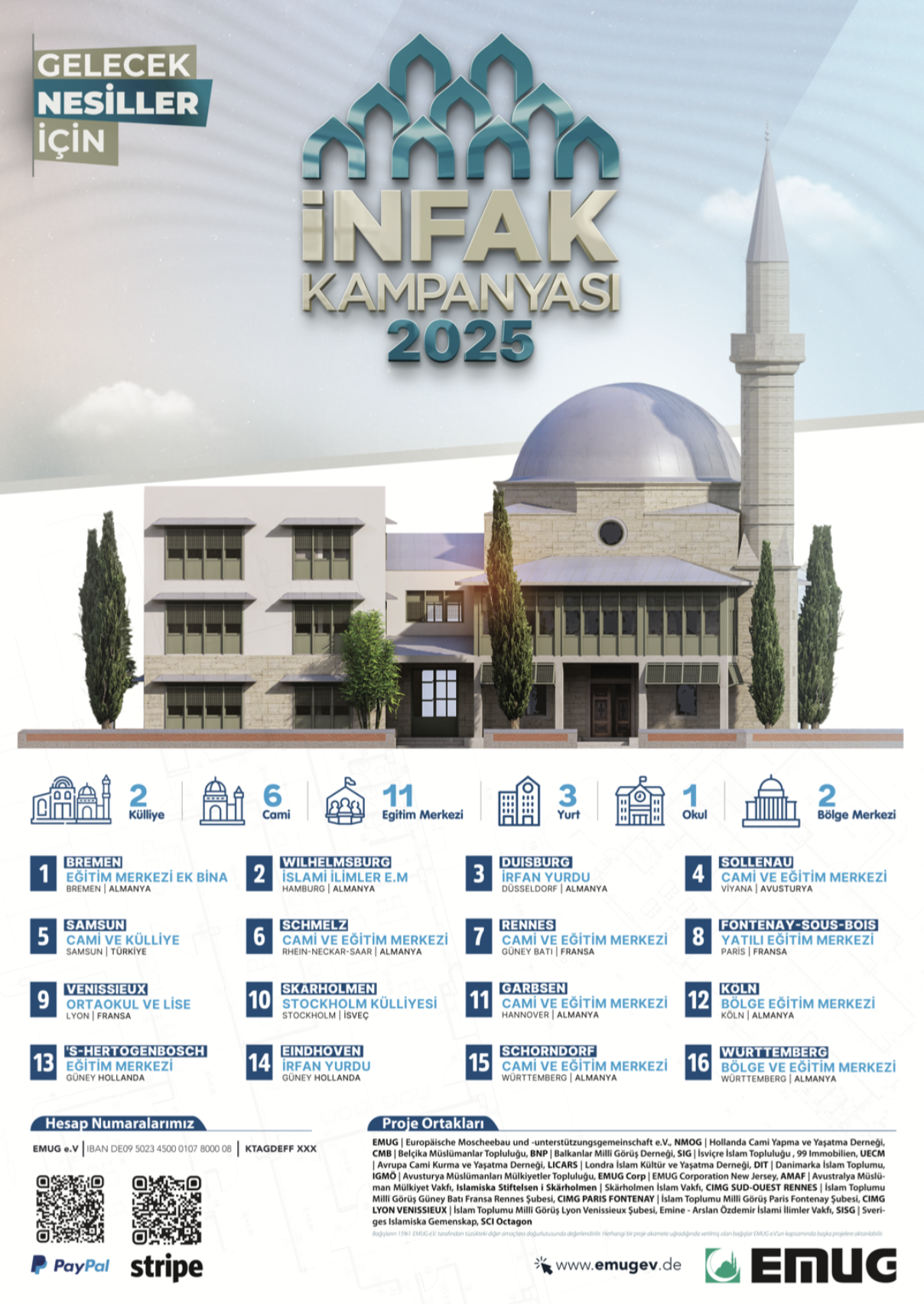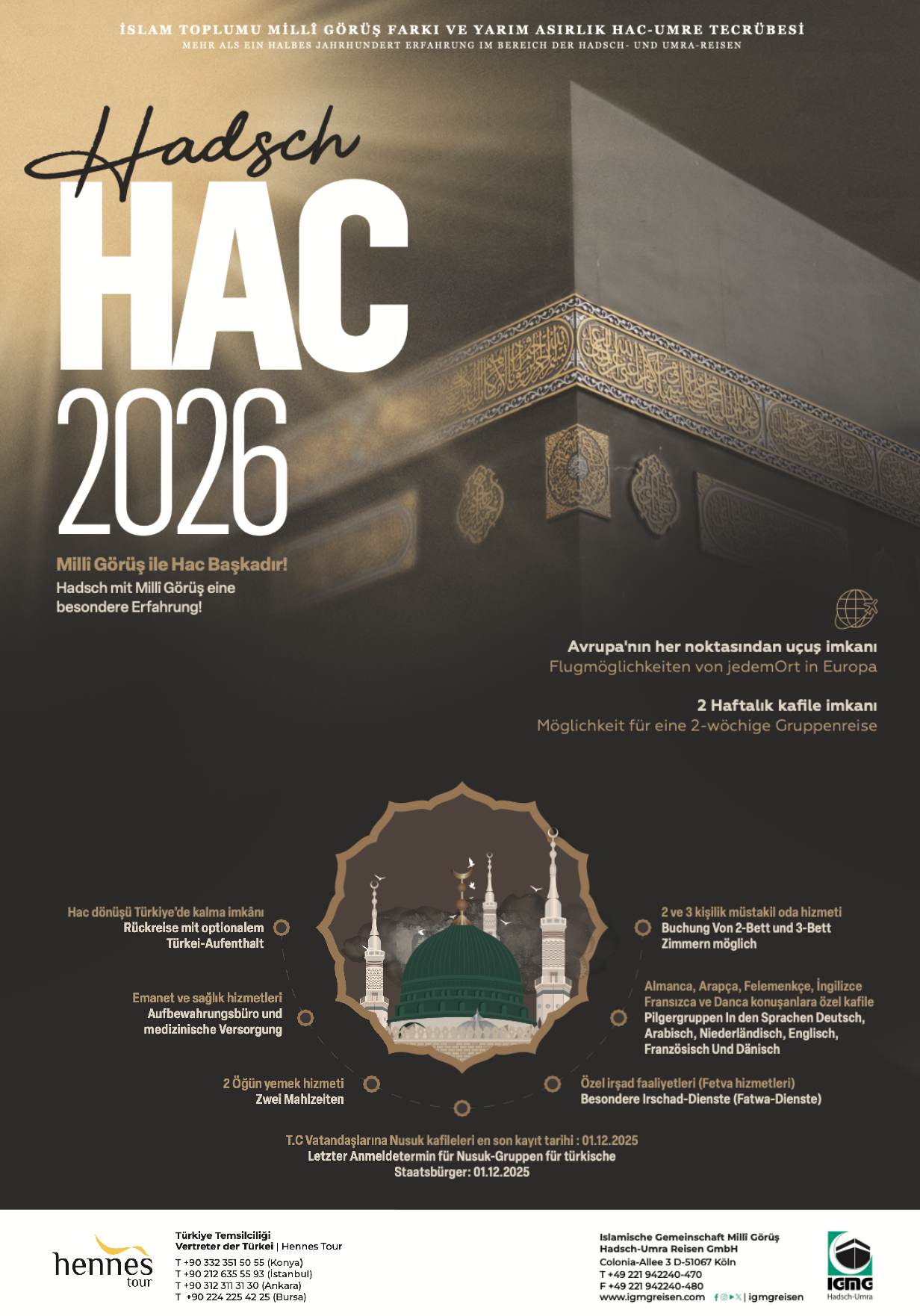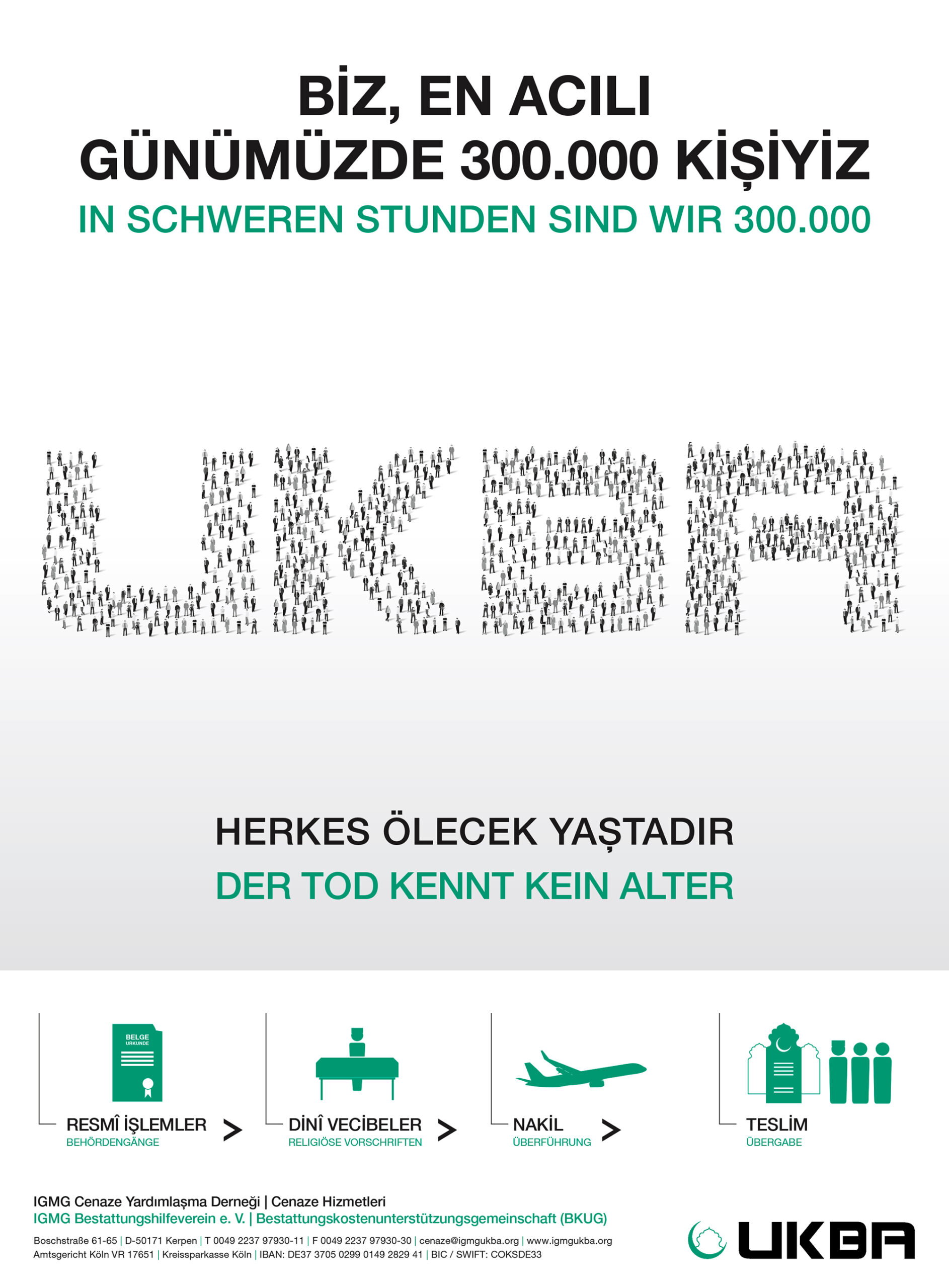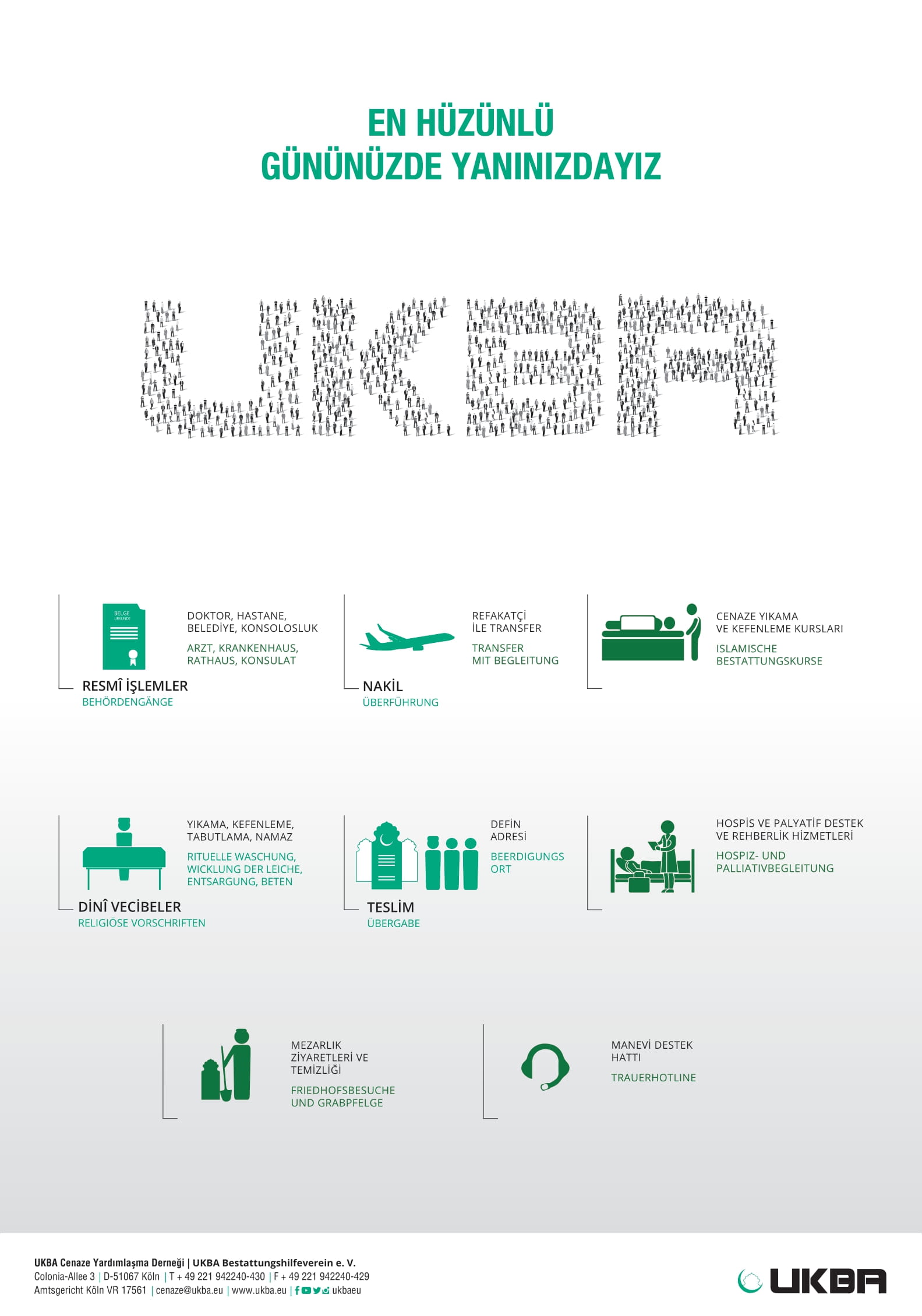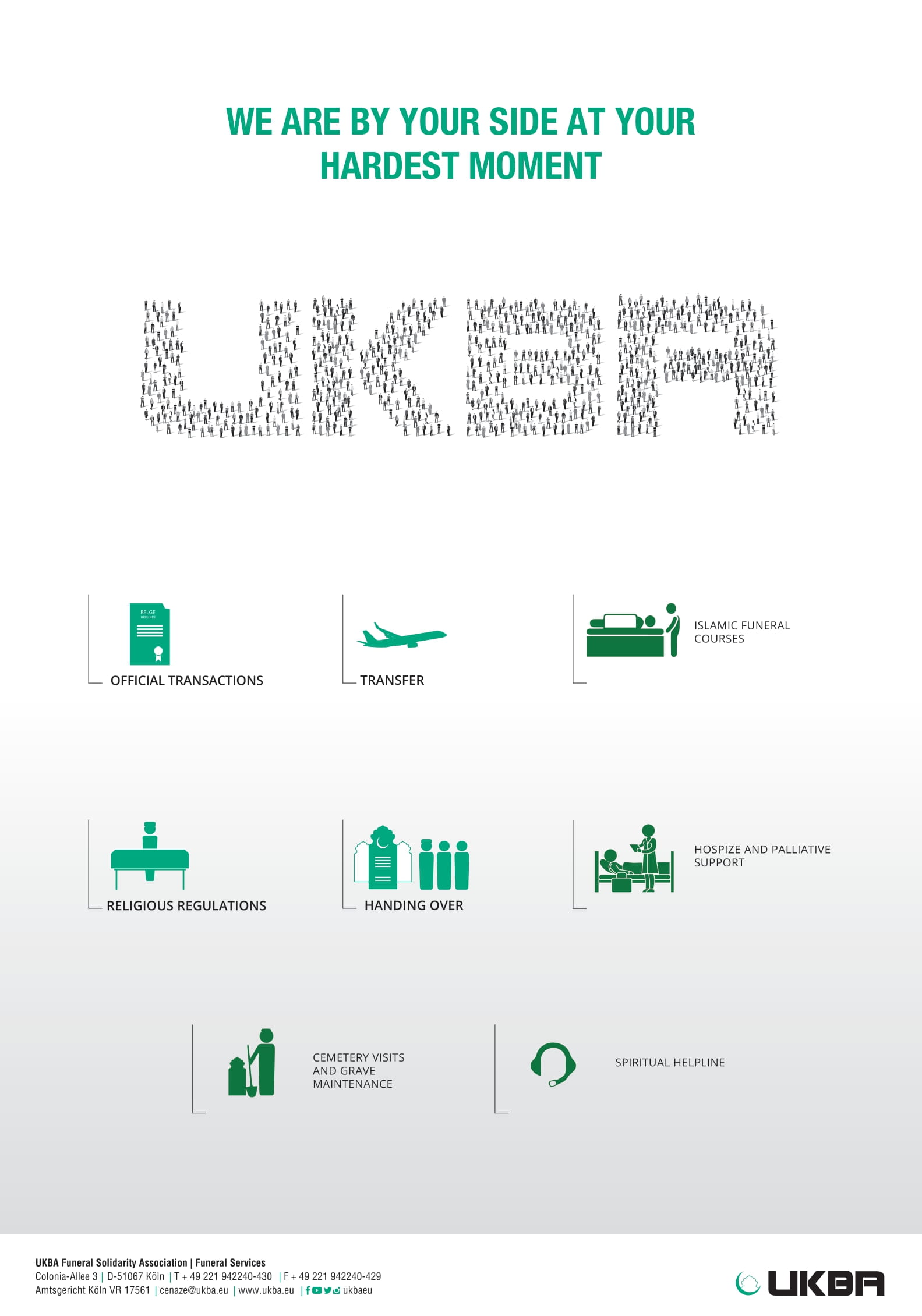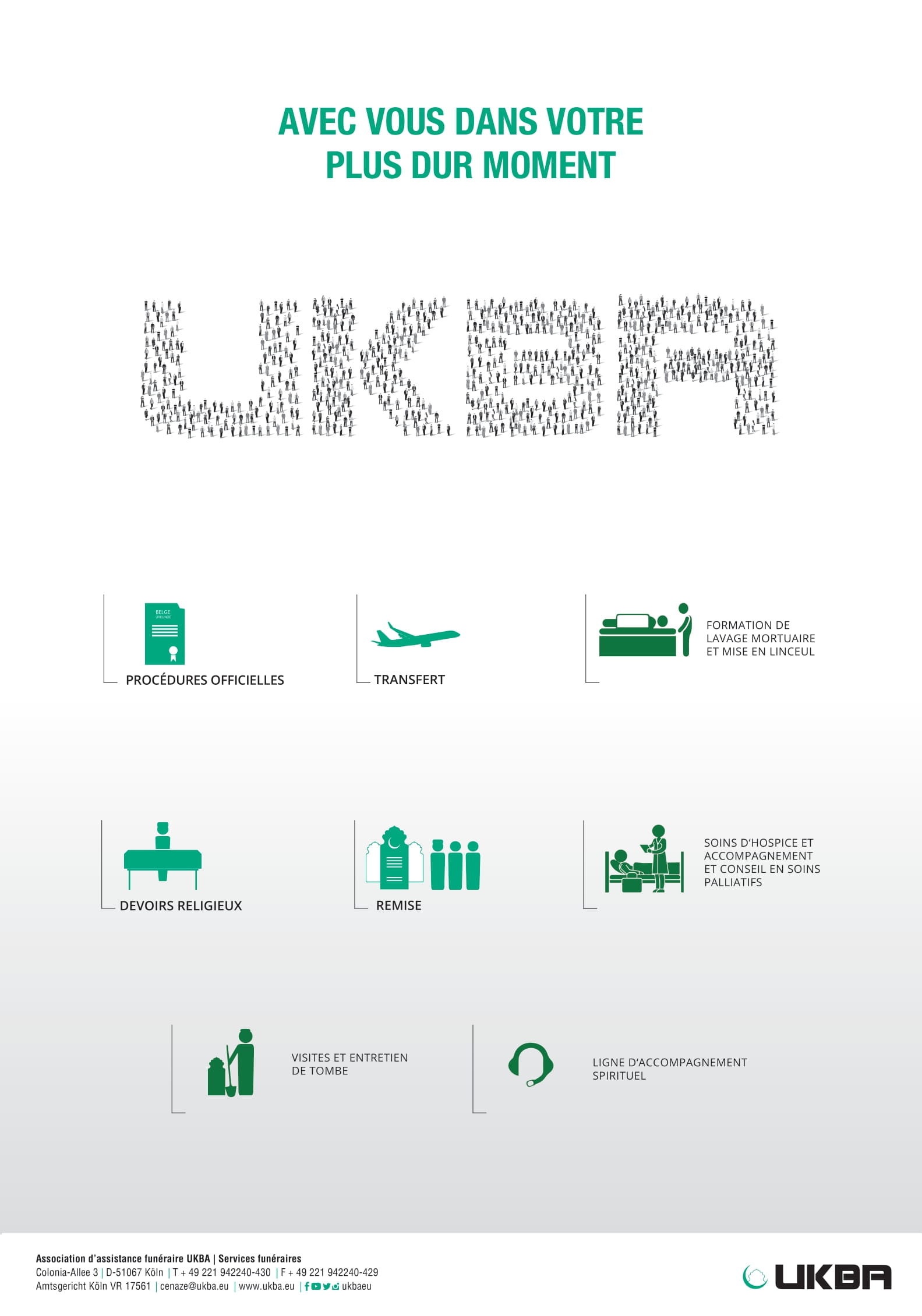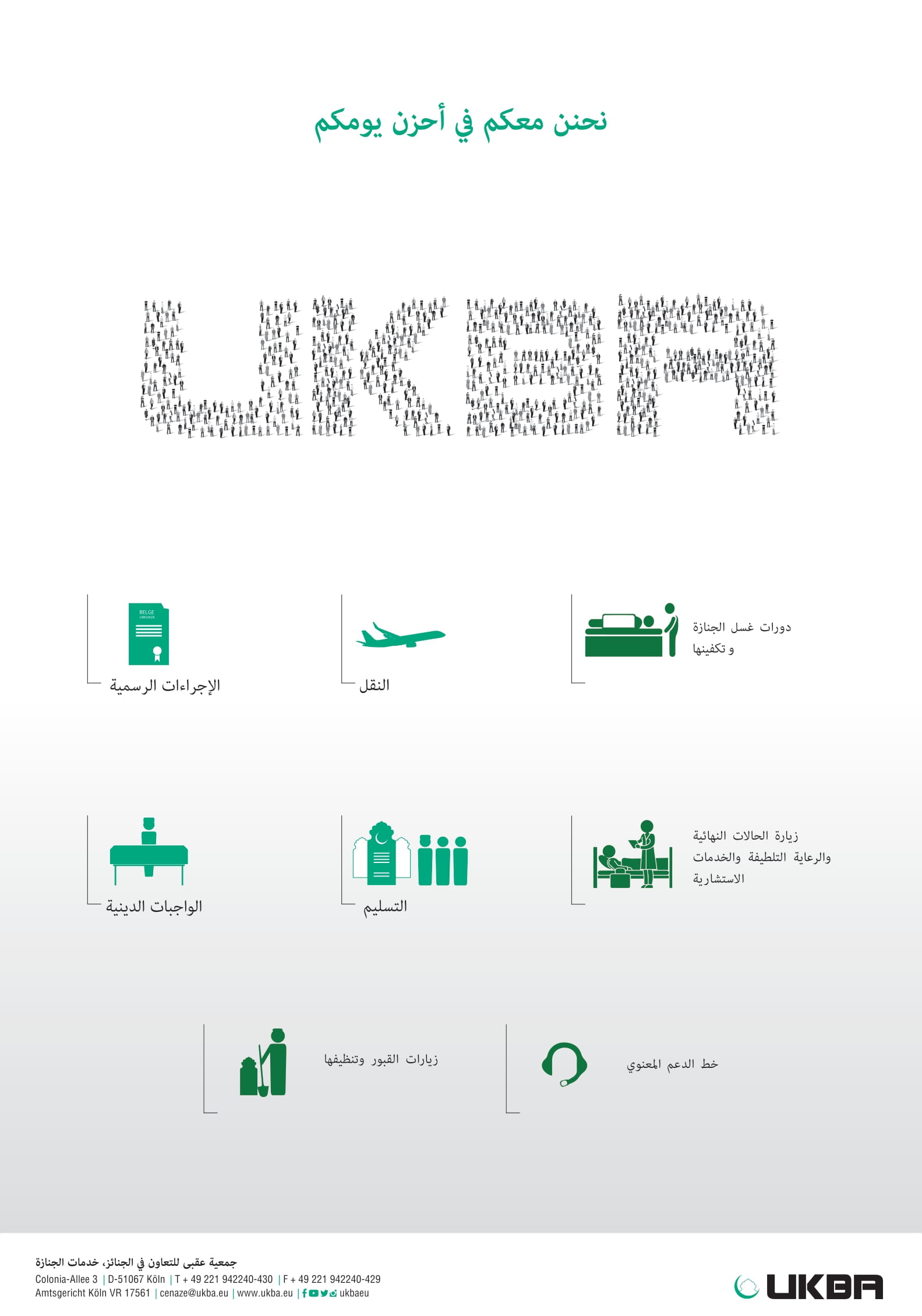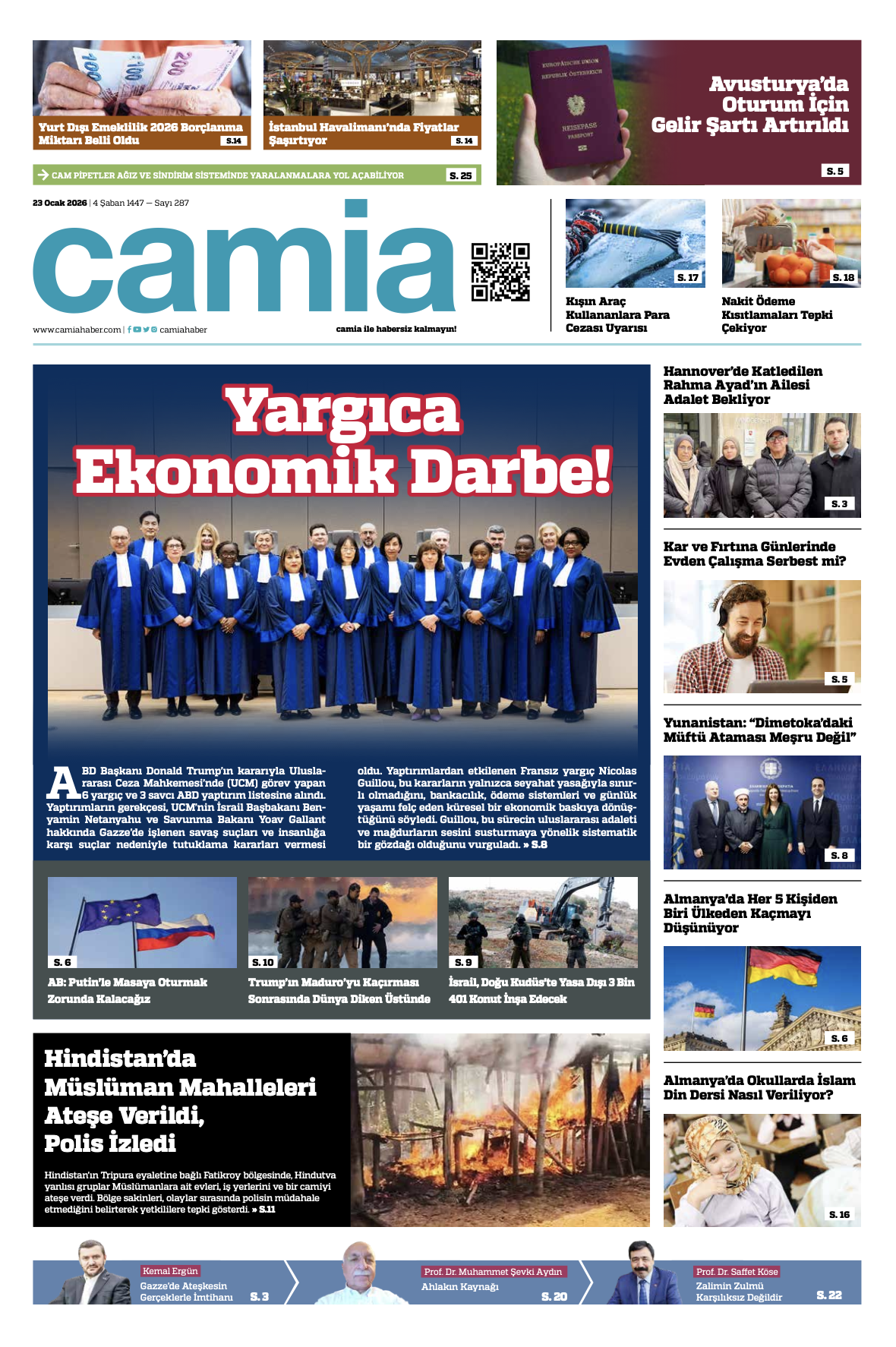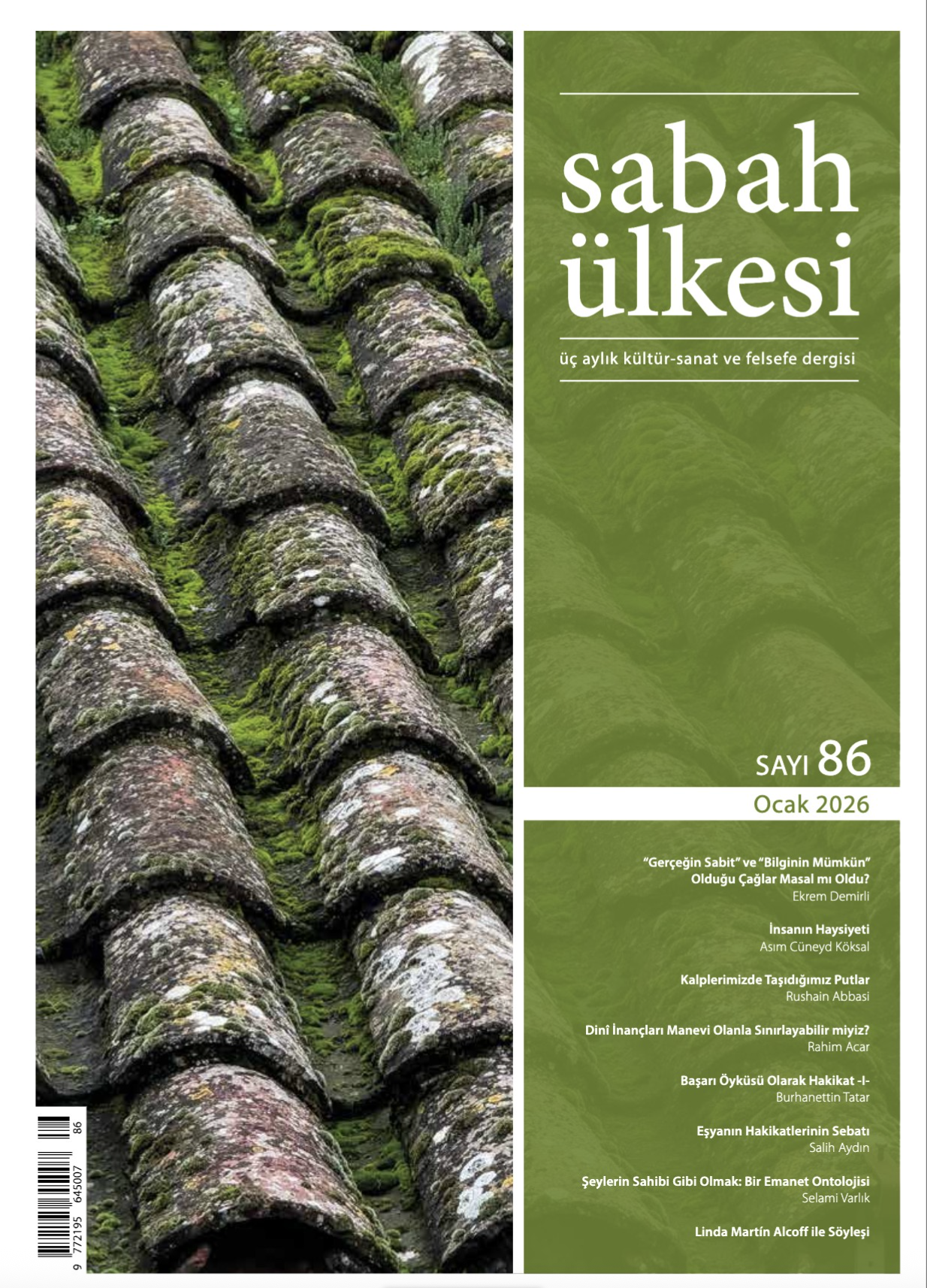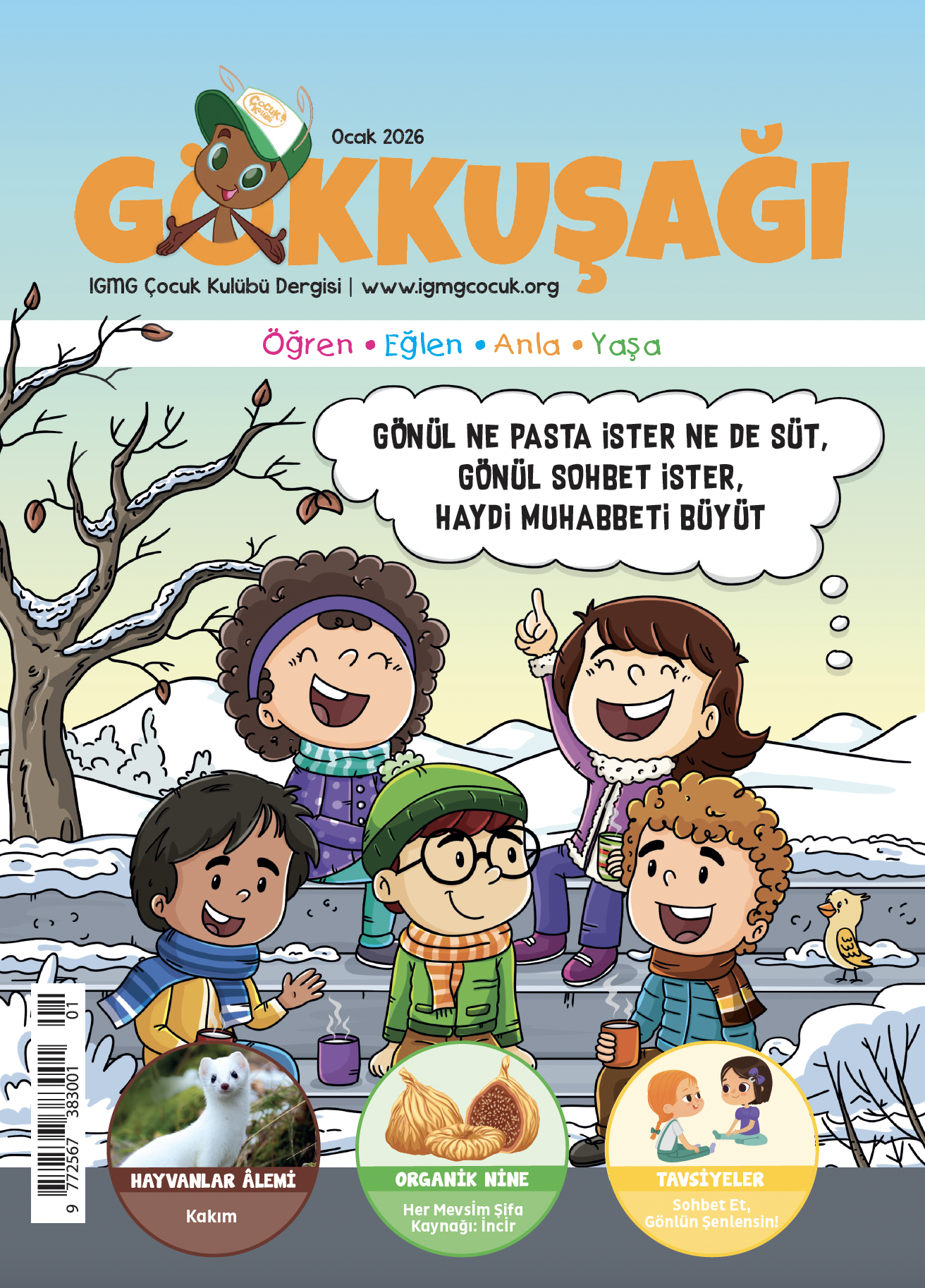Friday Khutba
People of Solidarity
20. June 2025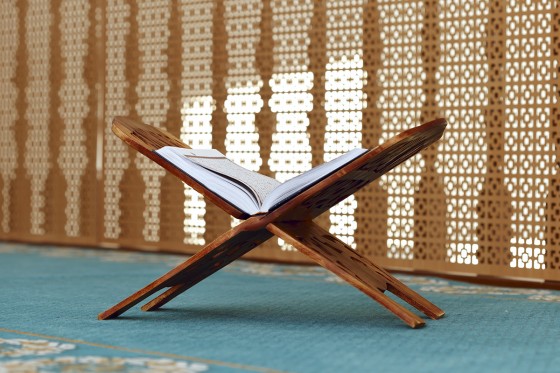
Dear Brothers and Sisters!
Our religion, Islam, is a religion of unity and mutual assistance. Neither before nor after Islam has any system focused on this matter as deeply or expanded the understanding and practice of helping others to such a broad extent. Our religion commands the fulfillment of both material and spiritual needs of the poor and orphans, the needy and the deprived, those who are unable to work or whose needs are not fully met through their efforts. There is no self-centered understanding in Islam. Our religion establishes both worldly and eternal brotherhood. The Islamic community is compared to a strong structure made of tightly connected parts that form a building. Our Prophet Muhammad (saw) said: “A believer to another believer is like a building whose parts strengthen one another.”[1] In another hadith, the Prophet (saw) said: “The believers, in their mutual love, compassion, and mercy, are like a single body; when one organ suffers, the rest of the body shares in the pain with sleeplessness and fever.”[2]
Dear Brothers and Sisters!
In a hadith that begins with “Charity is the duty of every Muslim…”[3] , it is stated that beyond financial assistance, working for good causes, helping physically, participating in efforts to spread goodness and prevent evil and even simply refraining from wrongdoing are all considered acts of charity. The concept of Sadaqa in Islamic literature refers to all forms of mutual assistance.
Dear Jama’ah!
Foundations or organisations, which are almost symbols of Islamic civilization, have played a significant role in strengthening the social fabric of Islamic societies throughout history, starting from the time of the Prophet Muhammad (saw). Inspired by this Sunnah, many charitable institutions were established in Islamic lands with the aim of serving all kinds of people in need. Soup kitchens, care homes, orphanages, public kitchens, zakat institutions and hospitals are among the foremost examples. Through the support of faithful individuals, countless poor and lonely people were provided with food, clothing and shelter. The sick who couldn’t afford treatment were healed and young people who couldn’t study were united with knowledge. Mercy extended not only to people but also to animals and the environment. Mosques and schools were built and maintained for centuries. These institutions also became beacons of charity that kept the conscience of the ummah alive. Today, it is our responsibility to truly understand this legacy, keep it alive and invite those around us to this awareness. For a Muslim cannot adopt the mindset of:
“As long as my comfort zone isn’t disturbed, nothing else concerns me.” When an oppressed person is hurt, that pain concerns the believer most. Because the religion they belong to is a religion of mutual help. A believer does not live only with their own problems but carries the concerns of the entire ummah. When an oppressed person bleeds in some corner of the world, that pain touches the believer’s heart. They feel that pain deeply. They cannot remain silent or turn a blind eye. Because a believer is a part of the ummah, like the limbs of a single body. Whether in the East or West, whether far away or nearby, wherever there is a victim, a Muslim must reach out with their heart. If possible, with their hand; if not, with their words; and if even that is not possible, then with their prayers, they must stand by the oppressed. Let us end with the verse recited at the beginning of the khutba: “Spend from what We have provided you before death comes to one of you and he says, ‘My Lord, if only You would delay me for a brief time so I would give charity and be among the righteous.’”[4]
May Allah (swt) make us among those who race in doing good. May He encompass the ummah with His mercy, grant healing to wounded hearts and ease to oppressed lands. May our Jumah be blessed. May Allah’s mercy and blessings be upon us all. Ameen.
[1] Buhârî, Salât, 88
[2] Müslim, Birr, 66
[3] Buhârî, Zekât, 30, Edeb 33
[4] Al-Munafiqun, 63:10
